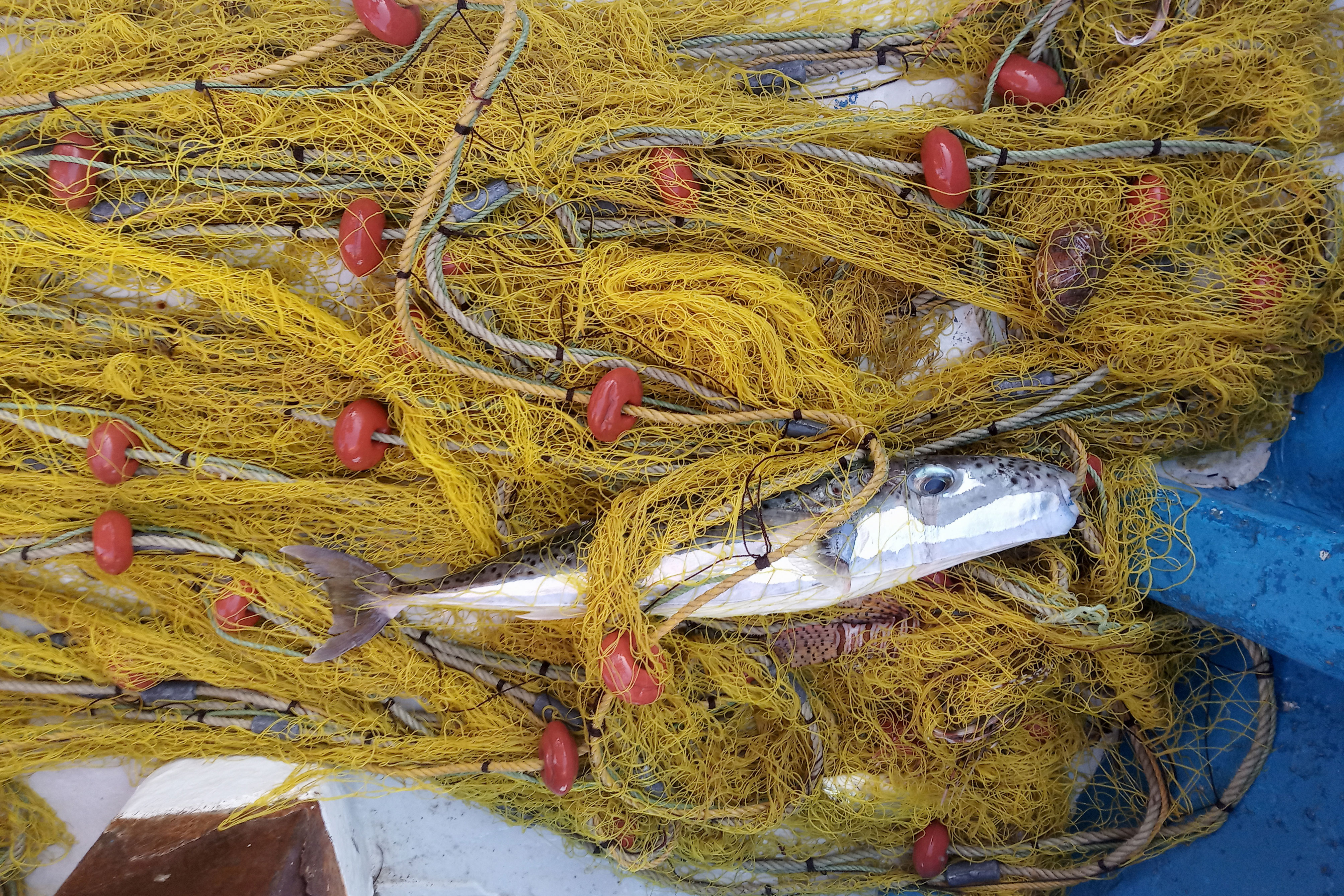
The pufferfish is a considerable threat to the environment and fisheries, damaging fishing gear and catches and eating native species. It has no predators because it is highly poisonous. Greek fishers claim that damage to their nets alone can cost them more than €5,000 a year.
In parallel, the expansion of aquaculture has increased demand for aquafeed. This puts pressure on the fishmeal supply, especially when traditional sources are over-exploited. The project brought together a team of researchers and investors to develop a process to deactivate the powerful nerve toxin and turn deadly pufferfish into high-quality fishmeal.
EU funding allowed this innovative project to start the process of sourcing alternative protein for fishmeal production and prove the basic process at lab and pilot scale. The project’s business plan aims to process 1,500 tons/year of pufferfish producing 250 tons/year of fishmeal and 100 tons/year of fish oil.
- Project locations
- Greece
- Overall budget
- €388 675
- EU contribution
- €291 50675% of the overall budget
- Project website
- LagoMeal
Results
Over ten years the annual return on investment is estimated at 15-25%.
The project results show that processing pufferfish would be an attractive investment for aquafeed producers and help aquaculture producers reduce costs. Feeding trials showed, for example, that European sea bass grow well when pufferfish fishmeal replaces up to 30% of conventional fishmeal in their diets.
By heat-treating the pufferfish to remove the deadly toxin, a profitable market for this invader could be created. Local fishers would have a new target species (suggested selling price: €4.20/kg), while helping control the Lagocephalus sceleratus populations.
Contact
Ioannis Nengas
- Name
- Ioannis Nengas
- Organisation
- Hellenic Centre of Marine Research
